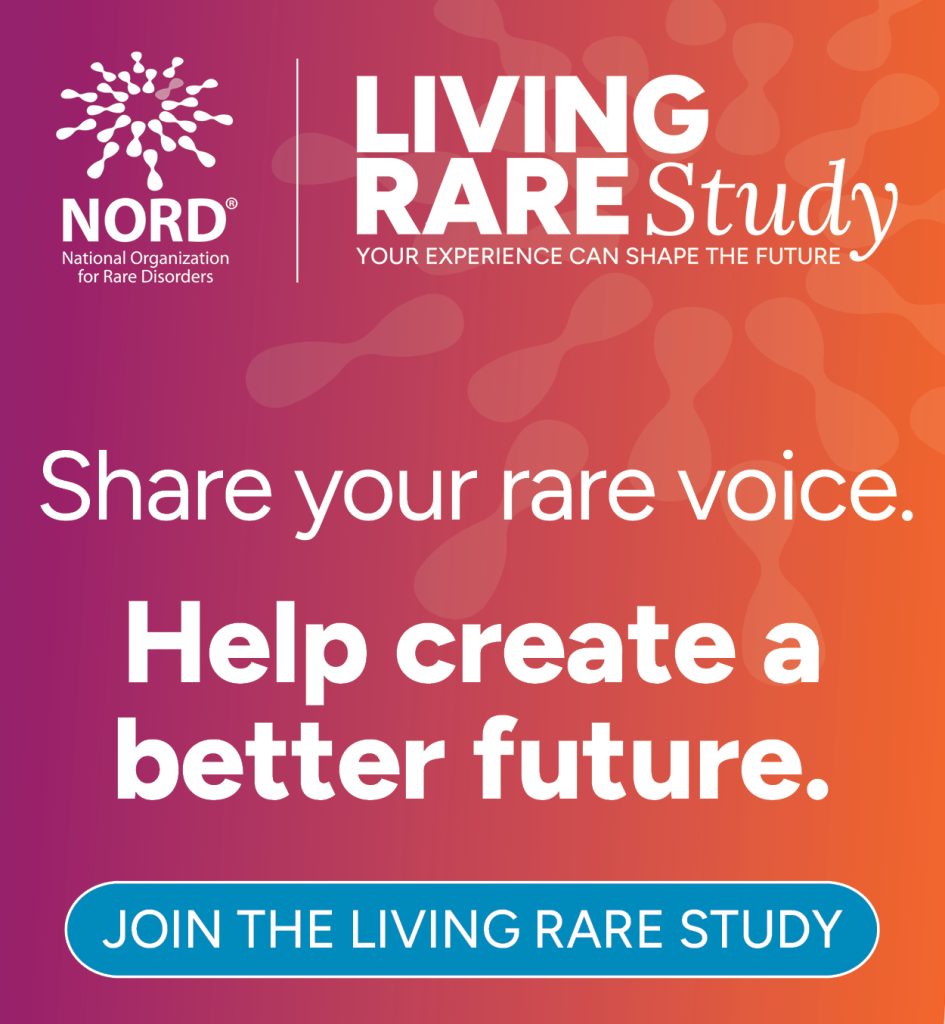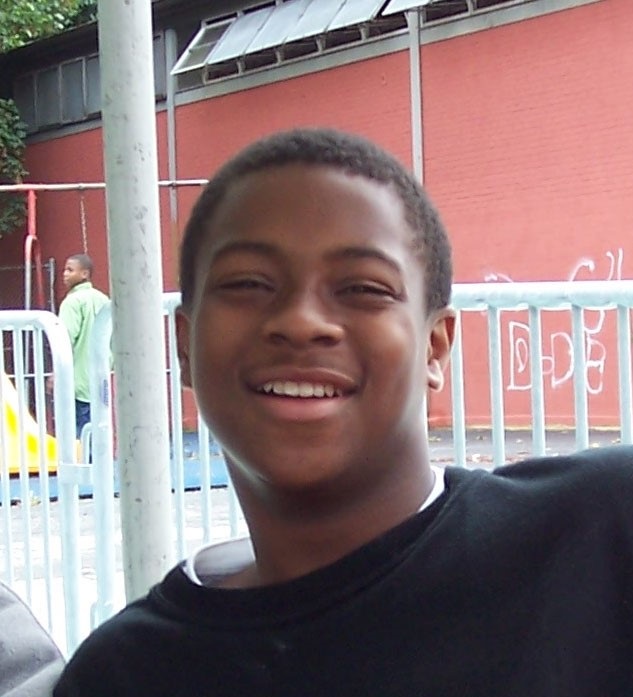Carmina Taylor of Penllyn, Penn., lost her son, Dorien, to sudden cardiac arrest at age 17. A gifted basketball player, Dorien had no warning signs of an underlying heart condition. Upon autopsy, Dorien was diagnosed with cardiomyopathy, an incurable and potentially life-threatening disease that affects how the heart muscle pumps blood through the body.
Dorien’s tragic death highlights a growing concern among student athletes and the problem with low awareness of cardiomyopathy — the number one cause of sudden cardiac arrest (SCA) among young people. According to the Centers for Disease Control and Prevention, approximately 2,000 people younger than age 25 die of SCA every year in the United States. In many cases, if cardiomyopathy had been detected earlier and managed properly, sudden cardiac death could have been prevented.
Cardiomyopathy is an extremely variable disease, and in some cases, children may have the disease and be at risk for SCA but show no symptoms. Diagnosing and treating these higher-risk children is a priority for the Children’s Cardiomyopathy Foundation (CCF) — a national organization founded by Lisa Yue, a mother who lost two children to the disease. This September, CCF, along with partners including the American College of Cardiology, National Association of School Nurses, National Athletic Trainers’ Association, National Organization for Rare Disorders, Parent Heart Watch and School-Based Health Alliance launches the first Children’s Cardiomyopathy Awareness Month to educate the public on the signs, symptoms and risk factors for cardiomyopathy.
Knowing your family’s cardiac history is essential to preventing premature death. Risk factors include having a family member disabled by heart disease or suddenly dying before the age of 50. In addition, members who exhibit symptoms such as chest pain, discomfort upon exertion, excessive fatigue, fainting or high blood pressure should be evaluated by a cardiologist. While there is no cure to repair the damaged heart or stop the disease progression, cardiomyopathy can be managed with long-term drug therapy and surgical placement of a pacemaker or defibrillator.
“We urge physicians, nurses, coaches, teachers and community leaders to come together this September to raise awareness of pediatric cardiomyopathy,” said Lisa Yue. “We hope this initiative will become an ongoing commitment to educating others and potentially save more lives.”
Visit CCF’s website for more information on the Children’s Cardiomyopathy Awareness Month: www.childrenscardiomyopathy.org






